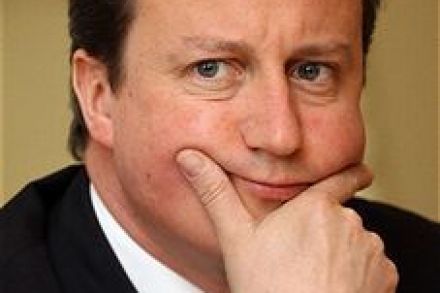Two defining coalition reforms clash
The big society is crossing swords with the localism agenda in Brent, north London. You may recall the Friends of Kensal Rise Library, a voluntary group that was being frustrated by Labour-led Brent Council. They are one of six community organisations in the borough who are unsuccessfully resisting the council’s decision to close 6 libraries. The council is adamant that the campaigners cannot succeed unless they raise sufficient funds independent of the council; the council leader, Labour’s Ann John, told the Kilburn Times: ‘If they can come up with a plan at no cost to the council then we will listen.’ So far the various campaign groups have not found















